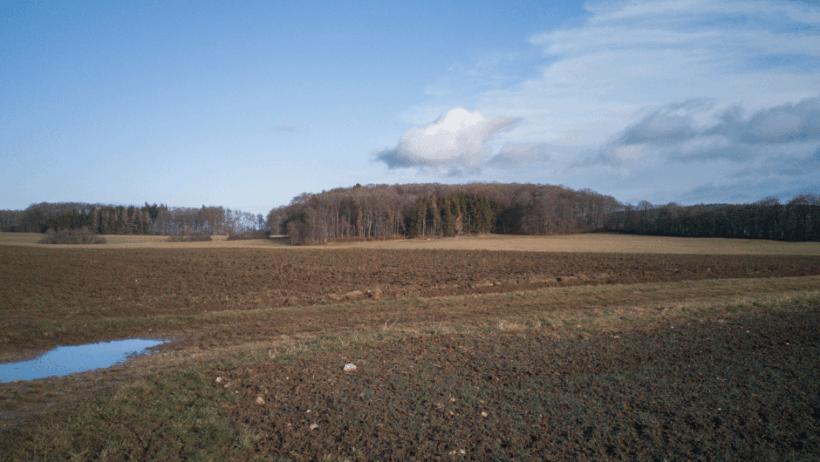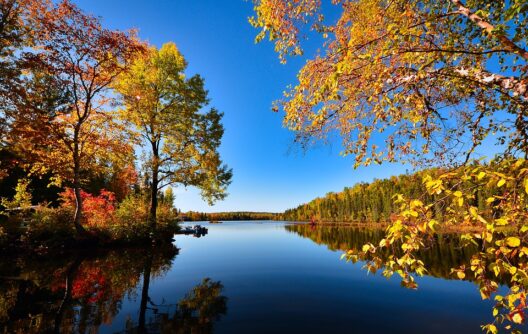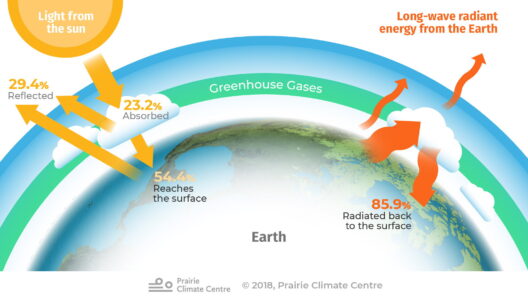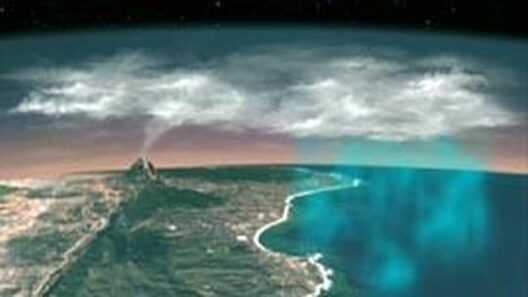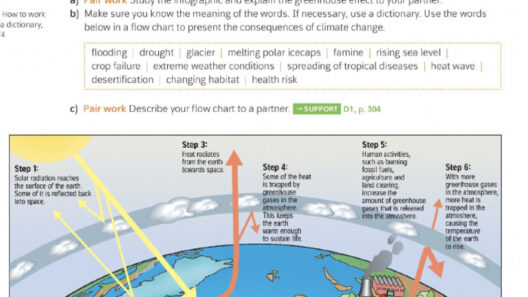Climate change has become an omnipresent specter looming large in contemporary discourse. Every day, individuals, communities, and governments grapple with its implications and ramifications. The increasing frequency of extreme weather events and other detrimental environmental changes prompt an overwhelming inquiry: how exactly do our activities drive climate change? Understanding this phenomenon is crucial for cultivating actionable insights and profound change. In this examination, we will delve into the intricacies of human impact on the environment, the science behind climate change, and the imperative for a collective response.
As we embark on this exploration, it is essential to recognize the multifaceted nature of human activities that contribute to global warming. The complexities of modern civilization—characterized by industrialization, urbanization, and consumerism—have unleashed a barrage of greenhouse gases into the atmosphere. These gases primarily include carbon dioxide (CO2), methane (CH4), and nitrous oxide (N2O), each playing a distinct but interrelated role in exacerbating the greenhouse effect.
In the realm of industrial emissions, fossil fuel combustion remains a principal culprit. The burning of coal, oil, and natural gas for energy in vehicles, power plants, and manufacturing processes releases an exorbitant amount of CO2. Consequently, this causes atmospheric concentrations to rise, leading to a warming effect that alters ecological balances. However, the relationship between industrial practices and climate change is not merely a tale of combustion; it is a broader narrative interwoven with socio-economic paradigms and energy policies. Thus, understanding the drivers of climate change necessitates a closer look at the economic incentives underpinning fossil fuel reliance.
Furthermore, the agricultural sector emerges as another pivotal contributor to climate change. Agricultural practices—including livestock farming, rice cultivation, and the use of synthetic fertilizers—release substantial amounts of methane and nitrous oxide. Livestock digestion produces methane through enteric fermentation, and when nitrogen-based fertilizers decompose, they emit nitrous oxide. Notably, the agricultural sector also amplifies deforestation, as forests are cleared to create arable land. This practice not only reduces the number of trees that can sequester carbon but also releases stored carbon into the atmosphere. The dualism of agriculture as both a provider of sustenance and a climate threat underscores the complexities facing modern food systems.
Another lesser-discussed but equally critical factor is the impact of waste management. Landfills, while often overlooked, are significant emitters of methane, as organic materials decompose anaerobically. Moreover, the global increase in plastic use has led to a toxic waste crisis that further complicates climate dynamics. As plastic products pervade the environment, they contribute to the degradation of ecosystems, setting off a cascade of detrimental effects—especially in coastal and marine environments.
This nexus between human activity, climate change, and ecological degradation complicates our understanding of the crisis. However, therein lies a trove of insights that beckons further exploration. The symbiosis of socio-political frameworks and environmental impact constitutes a fascinating area for scrutiny. Policy decisions made for short-term economic gain often overlook long-term environmental sustainability. Yet, this is not merely a failure of governance; it reflects deep-seated ideologies rooted in growth-centric models that prioritize immediate profit over future viability. Hence, the critique of capitalism and its intrinsic relationship with environmental degradation becomes a crucial discourse.
The psychological and cultural dimensions of climate change also warrant examination. Humans are often fascinated by nature, from its fierce beauty to its harsh realities. Yet, an unsettling dissonance persists; the same species that marvel at natural wonders is often indifferent to the destruction brought about by its own activities. This duality raises pressing questions about responsibility, ethics, and the frameworks through which we understand our place in the natural world. Reckoning with this emotional dissonance requires an introspective approach that acknowledges both our interconnectedness with nature and our capacity for destruction.
In addressing climate change, it is imperative to pivot towards solutions that are as nuanced as the problem itself. Mitigation and adaptation strategies need to encompass a sprawling canvas of perspectives—scientific, economic, social, and ethical. Transitioning to renewable energy sources such as solar, wind, and hydro power emerges as a crucial element of climate action. These sources not only reduce dependence on fossil fuels but also create economic opportunities and promote energy independence. Moreover, innovative agricultural practices, including regenerative farming and permaculture, can enhance soil health, sequester carbon, and foster ecological diversity.
At the societal level, fostering a culture of sustainability is paramount. Promoting awareness and encouraging individual actions can transform consumer behaviors, driving demand for sustainable products and practices. Education plays a vital role in shaping perspectives, as informed citizens are more likely to advocate for policies aligned with environmental stewardship.
As we confront climate change, it becomes increasingly clear that a singular narrative falls short. Understanding how human activities drive climate change requires a labyrinthine exploration of interconnected factors ranging from industrial practices to agricultural methodologies and socio-economic systems. While the challenges are formidable, the pathways to solutions are diverse and can be forged through concerted action, innovation, and a profound shift in consciousness. Thus, embracing our intricacies—both as creators and caretakers—becomes essential in navigating the future of our planet. The time for dialogue, action, and transformation is not tomorrow; it is now.



